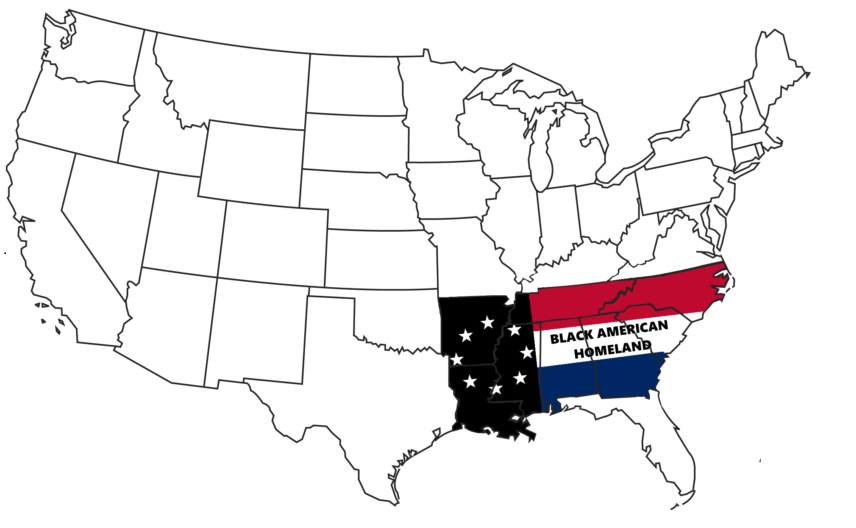The United States Constitution, the bedrock of American governance, delineates the powers and responsibilities of the federal government while respecting the autonomy of individual States. The 10th Amendment plays a pivotal role in preserving this balance of power. Its succinct but profound statement reads: “The powers not delegated to the United States by the Constitution, nor prohibited by it to the States, are reserved to the States respectively, or to the people.”
In essence, the 10th Amendment underscores the principles of federalism. It emphasizes that the federal government only holds authority over matters specifically granted to it by the Constitution. Everything else falls under the purview of the States or the people themselves. This amendment encapsulates the spirit of decentralized governance, acknowledging that the diversity and unique needs of individual States may require different rules, regulations, and policies.
The 10th Amendment serves as a critical safeguard against the centralization of power in the federal government. It ensures that States retain considerable autonomy to address local issues, make decisions that suit their residents, and experiment with innovative policies. This balance between Federal and State authority has been a cornerstone of American democracy and governance, fostering flexibility and responsiveness to the needs of citizens across the nation.
